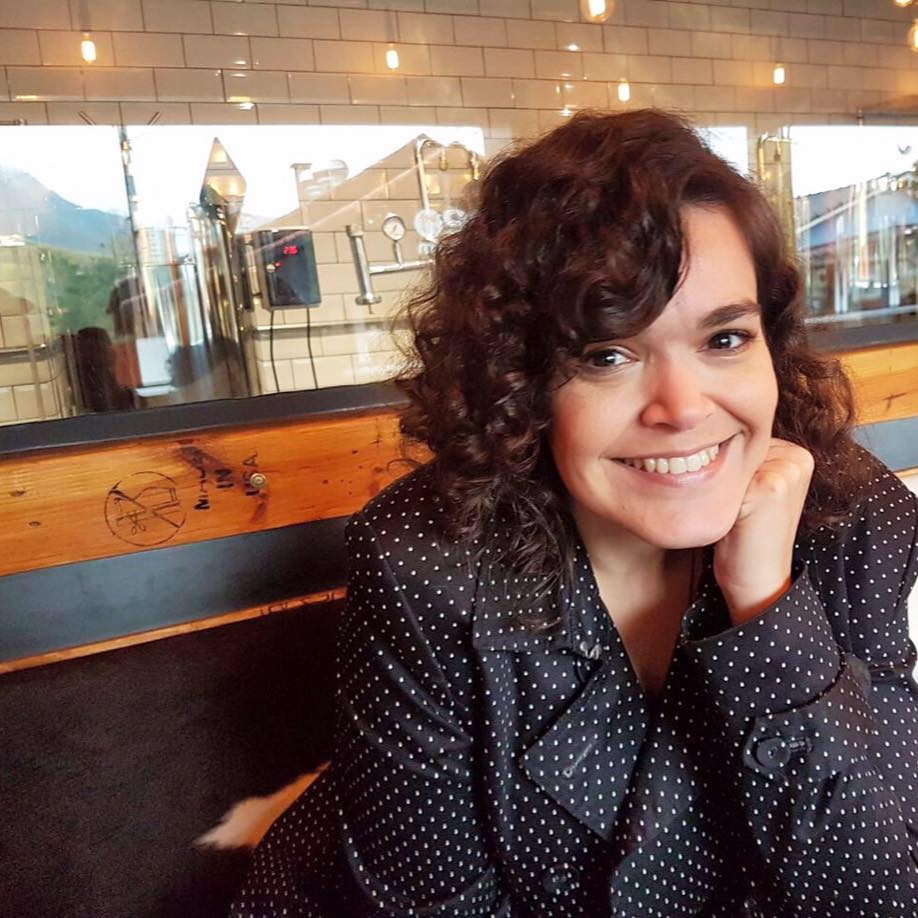What Makes A Good Speaking Class?
Whatever needs analyses one carries out with their groups, there is every likelihood that 9 out 10 will record that they will want to improve their speaking skills best.
At this point I do not believe that anyone involved in ELT would be surprised at this, yet we can witness the fact that developing speaking skills might still be a challenge that either provokes or haunts teachers, especially if they are confronted with high demands.
Speaking of provocation, here we have some questions to which you might want to give some thoughts:
- a) What are some differences between speaking L1 outside class and L2 inside class?
- b) How can a teacher create opportunities for Speaking English inside class?
- c) How can a teacher make the purpose of a speaking activity clear to the learners?
- d) How can a teacher help reduce learners’ worries or negative feelings about speaking
English in class?
IMHO, a good speaking class will depend and rely on five basic foundations: a) the teacher; b) the students; c) the tasks; d) learning environment; e) the feedback.
As for the teacher, we are the scaffolders and as such we should insist on our learners speaking English by providing both quality input and opportunities to that end. By the same token, we should accept responses tactfully, especially if they contain imperfections for students will feel accepted and become more comfortable to contribute to the class.
As for the learners, they should be tolerant towards each other on the grounds that there are learners who are shy or feel embarrassed when speaking in class. One important factor is that they should not laugh at their classmates since such behaviour will evidently prevent these learners from participating in class, especially if they feel scared of other learners. Making an effort and be encouraged to do that is the way forward as this positive experience will make them want to participate time and time again.
Needless to say, a stress-free environ will allow room for a more active participation in class, say, if learners feel relaxed it is a foregone conclusion that they will take part in the tasks assigned in class. One thing leads to another in terms a positive learning environment as if there is more encouragement to participation, there is obviously more English being spoken in class.
The activities play an important role so as to sustain the ones afore mentioned. There should be a substantial amount of both pair and group work so that every learner gets their fair amount of speaking opportunities. Make sure that there is a full variety of speaking tasks on your teaching menu. In other words, we have students from different walks of life and interests, hence surprising them with different topics for discussions as well as engaging them in different types of speaking activities are great ways to keep motivation to a high level. It will in the least bit prevent boredom from happening, I should think.
Feedback is another key factor since it can bring about a highly positive popup out of something which might sound negative. It should by all means be planned, sensitive, systematic and effective so that students can be made aware of the learning process. It should also be constructive as opposed to destructive. After all, everyone deserves a chance to deal with their imperfections, take risks and move on.
That said and done, it is important that we keep to a high level of perspective when providing speaking opportunities as well as designing speaking tasks to our learners. After all, in the end of the day we all agree that when learners leave our classes with a big smile on their faces we surely get that feeling of ‘mission accomplished’. On a professional note, I always feel delighted when my learners enjoy great success of the opportunities I give them. On a personal note, at the end of a smile there is a laugh and a half.





